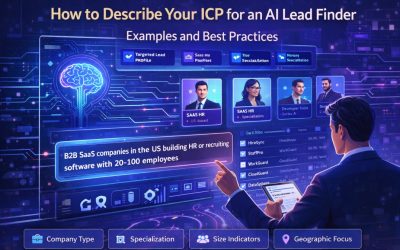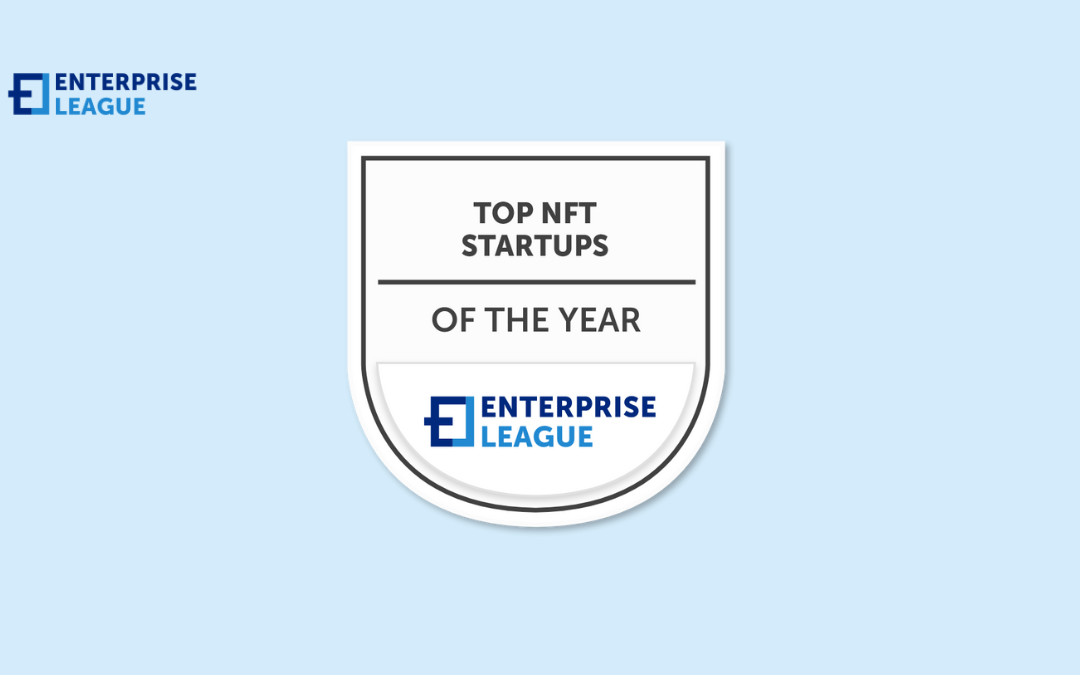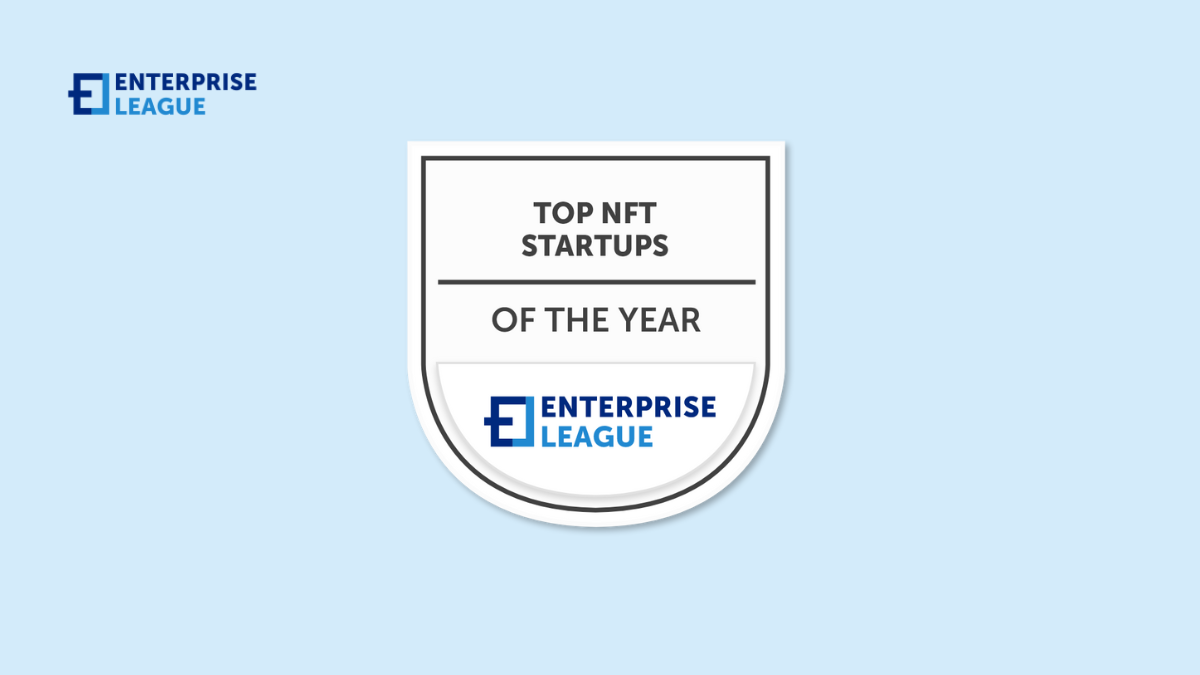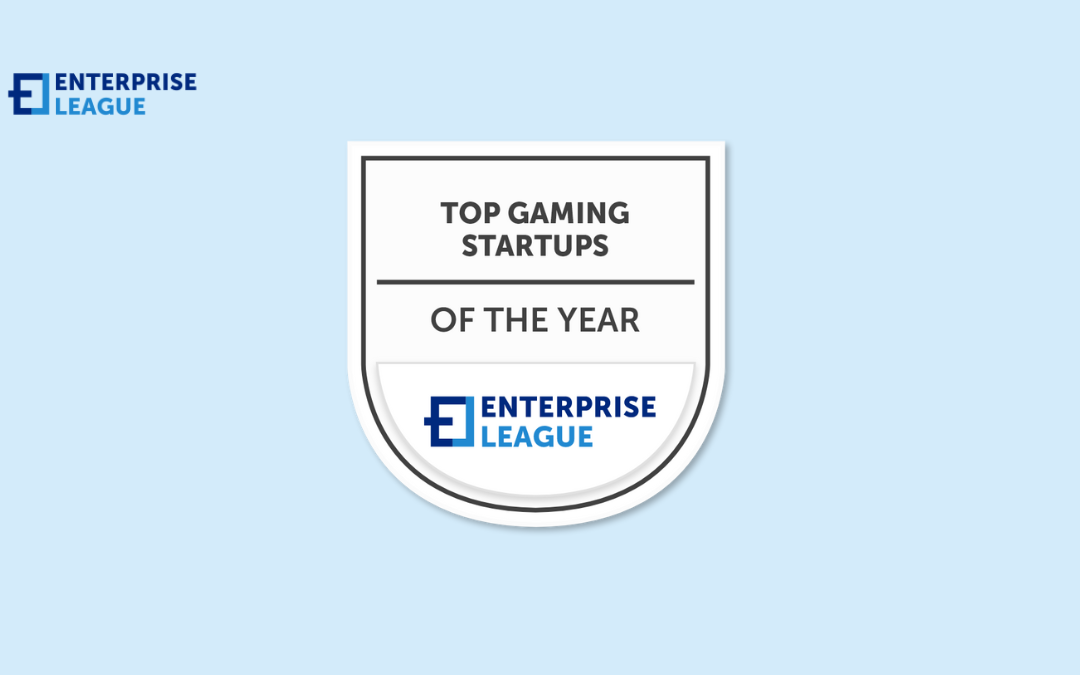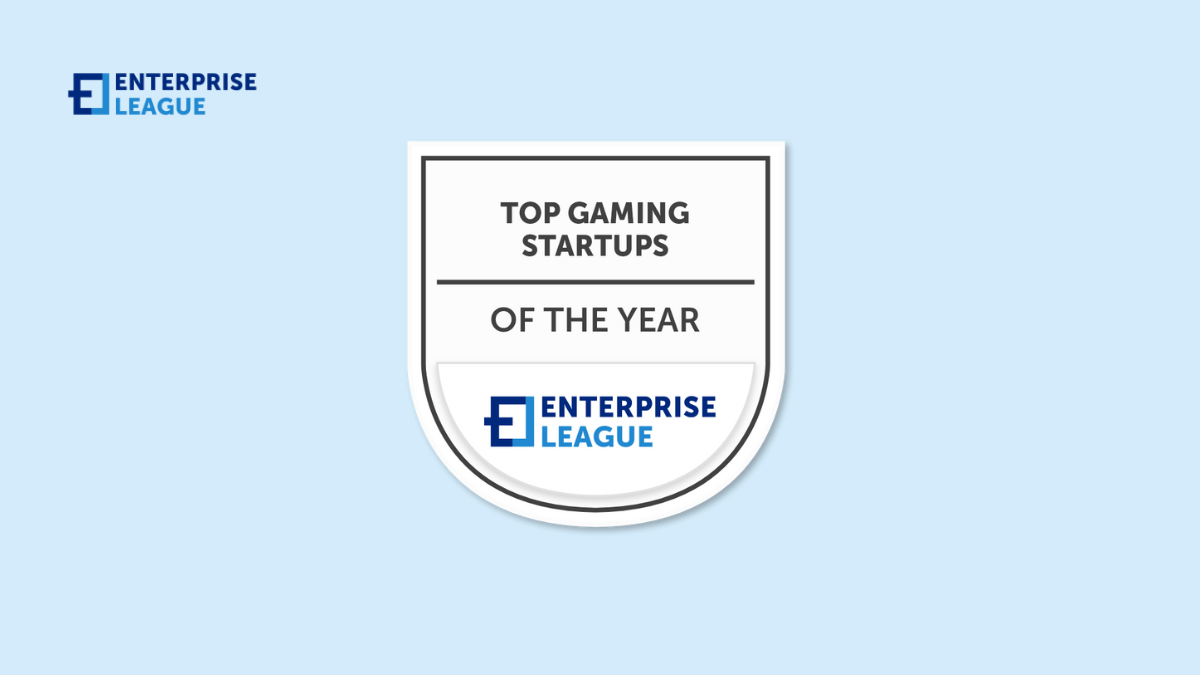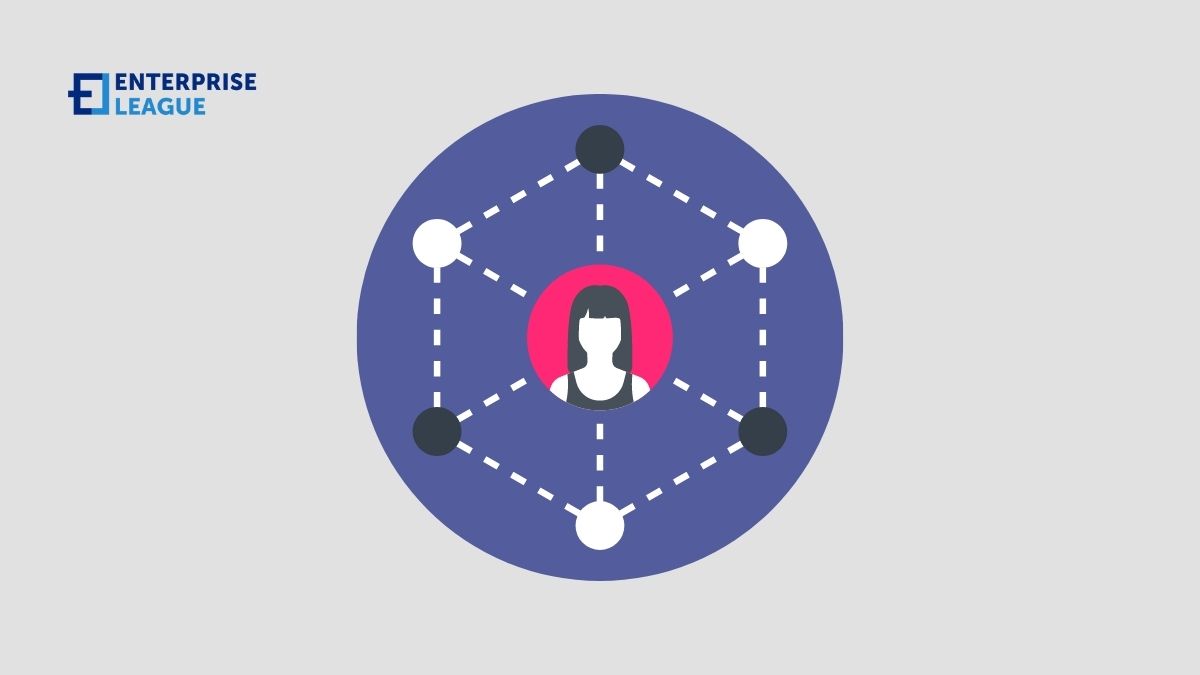The prompt is everything. When using an AI lead finder, the quality of your results depends entirely on how well you describe what you're looking for. Get it right, and you'll receive a list of precisely targeted prospects in seconds. Get it wrong, and you'll waste...

5 questions to ask when choosing top SEO experts for your firm
That’s why we’ll explore 5 key questions you should thoughtfully consider when searching for potential SEO experts or agencies. Asking the right questions will help you discern which candidates have the advanced technical skills, proven track record, and strategic mindset required to make and execute a customized SEO strategy that drives sustainable, measurable results for your company.
What is your approach to SEO?
The first question to ask potential SEO experts is about their approach to SEO. Understanding their methodology is crucial to ensure it aligns with your business objectives. A comprehensive SEO strategy should include on-page optimization, off-page optimization, and technical SEO. Ask how they balance these elements to create a cohesive strategy.
For instance, if your business is located in Arizona and you’re looking for Tucson SEO experts, you’ll want a professional who understands global SEO tactics and can also apply local SEO strategies that attract and retain a local audience. How do they plan to make your firm visible to the local community? This gives you insight into their ability to handle both macro and micro aspects of SEO.
Moreover, inquire about their adaptability to Google’s frequently changing algorithms and how they plan to keep your site compliant to avoid penalties. Their answers will reveal their expertise and how proactively they stay current with SEO trends.
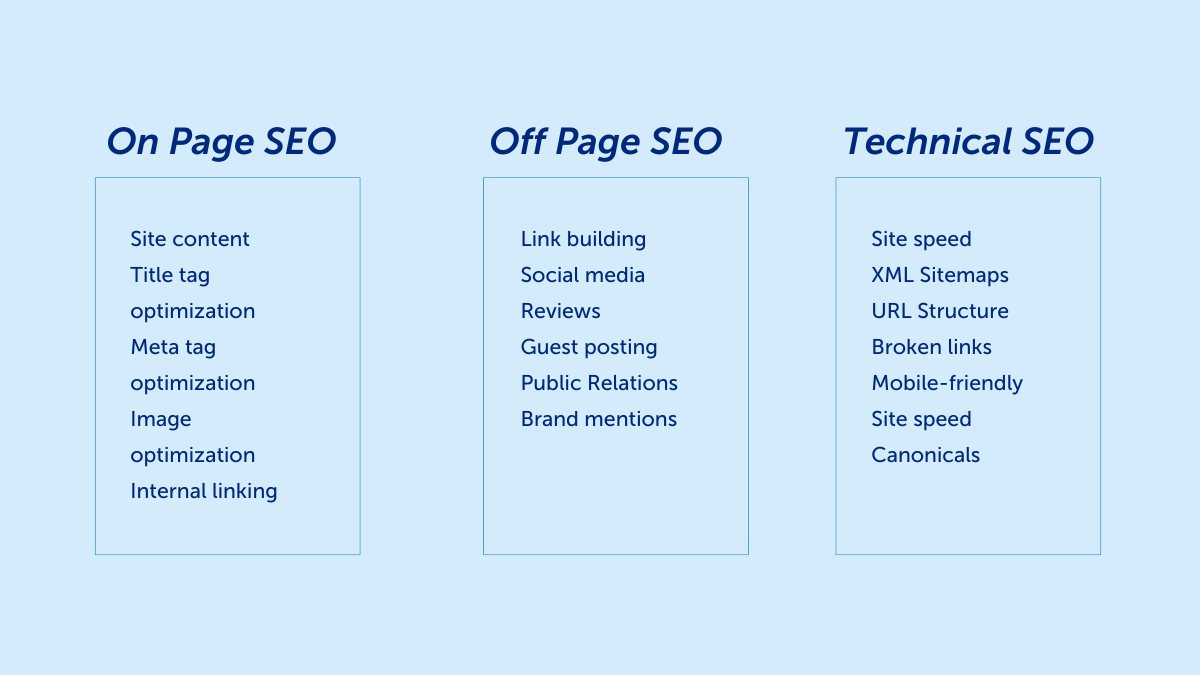
How do you stay ahead of SEO trends and changes?
Top SEO experts must be proactive in anticipating what’s coming next. When evaluating the best SEO experts, ask about their approach to continuous learning and how they keep up with the latest SEO industry developments.
It would help if you also inquired about their involvement in SEO forums, their connections within the network of SEO professionals, and any thought leadership activities they participate in, such as writing articles or speaking at conferences. These questions can help you assess their dedication to their profession and their ability to keep your SEO strategy innovative and competitive.
How do you optimize for user experience?
SEO has evolved beyond just keywords and backlinks, it now heavily focuses on enhancing the user experience. Google regularly updates its algorithms to prioritize user experience as a crucial ranking factor, this shift underlines the importance of having a website that’s user-friendly, fast to load, and responsive.
When speaking with top SEO experts, it’s important to ask how they plan to improve the user experience on your site. Your questions should touch on their methods for speeding up page load times, ensuring your site is mobile-friendly, and making navigation intuitive.
Also, discuss how they plan to format content to boost engagement and keep visitors on your site longer. Understanding their strategies in these areas will show you their ability to manage comprehensive SEO that goes beyond just the basics.
Can you share success stories and references?
The importance of solid evidence when choosing top SEO experts cannot be overstated. Always ask for case studies, client references, and before-and-after comparisons to demonstrate their effectiveness. You’ll particularly want to hear about campaigns that have significantly improved search engine rankings, increased traffic, and, most importantly, boosted conversions.
Take it a step further by asking how these successes align with their clients’ original goals. This will help you understand if the SEO experts are skilled at developing and implementing strategies that meet specific needs.
Additionally, find out how frequently they provide reports to their clients and what kind of details these reports contain. Remember, clear and consistent communication is crucial for monitoring progress and adjusting strategies as necessary.
How do you conduct keyword research?
Keyword research is foundational in SEO, as it determines the target queries your potential customers are using. So, understanding how top SEO experts conduct keyword research will give you insight into how they tailor their SEO strategies to target the appropriate audience.
Discover which SEO tools they use, learn about their keyword selection process, and understand how they balance high-competition with long-tail keywords. Moreover, inquire how they integrate these keywords into your content strategy to not only attract traffic but also drive engagement.
How do they ensure the content remains relevant and valuable to your audience while incorporating these keywords? This reveals their ability to merge technical SEO with user-friendly content.
Conclusion
Choosing the right SEO expert is a strategic decision that can significantly influence the future success of your firm’s online presence. By asking insightful questions about their strategies and successes, you’ll get a clearer idea of which experts are truly capable of boosting your site’s rankings and attracting meaningful traffic.
Remember, top SEO experts won’t just provide quick fixes, they’ll become your strategic partners in boosting your business’s growth, adapting their tactics as your business and the digital industry change. Make a wise choice to ensure your investment enhances your search engine rankings and makes a substantial contribution to your overall business objectives.
More must-read stories from Enterprise League:
- Unique ways to show your employees you care about them.
- Innovative customer appreciation ideas for small businesses.
- Proven and tested psychological tactics for successful marketing.
- Profitable online education business ideas that you should be aware of.
- Warning signs of a terrible boss that everyone must be aware of.
Related Articles
How to Describe Your ICP for an AI Lead Finder: Examples and Best Practices
What Are the Best Private Label Bread Suppliers for Grocery Stores? These Are the 6 Top Options
Store brand bread programs have become a core growth lever for fresh goods stores that want stronger margins, tighter brand control and more flexibility in how products reach shelves. For business owners and operators, the supplier behind that program matters just as...
Key Factors for Choosing a Contract Life Cycle Management Solution
Managing contracts efficiently is essential for any organization's success. Global teams can create and handle legal documentation more effectively once they understand how to select the right contract life cycle management solution for their needs. Many software...
Exploring the 7 Best Classic Car Dealerships in Illinois
Illinois has a rich automotive heritage, as it's been a transportation and manufacturing hub for decades. The passion is evident in the numerous classic car dealerships across the state. For auto enthusiasts, purchasing an authentic, classic car means owning tangible...
Need an Alternative to CSC ServiceWorks for Apartment Laundry? These Are the 5 Best Options
If you're managing or owning a multifamily property, your laundry provider plays a much bigger role than it might seem at first glance. For those searching for the best alternatives to CSC ServiceWorks for apartment laundry, there are several reliable providers...


